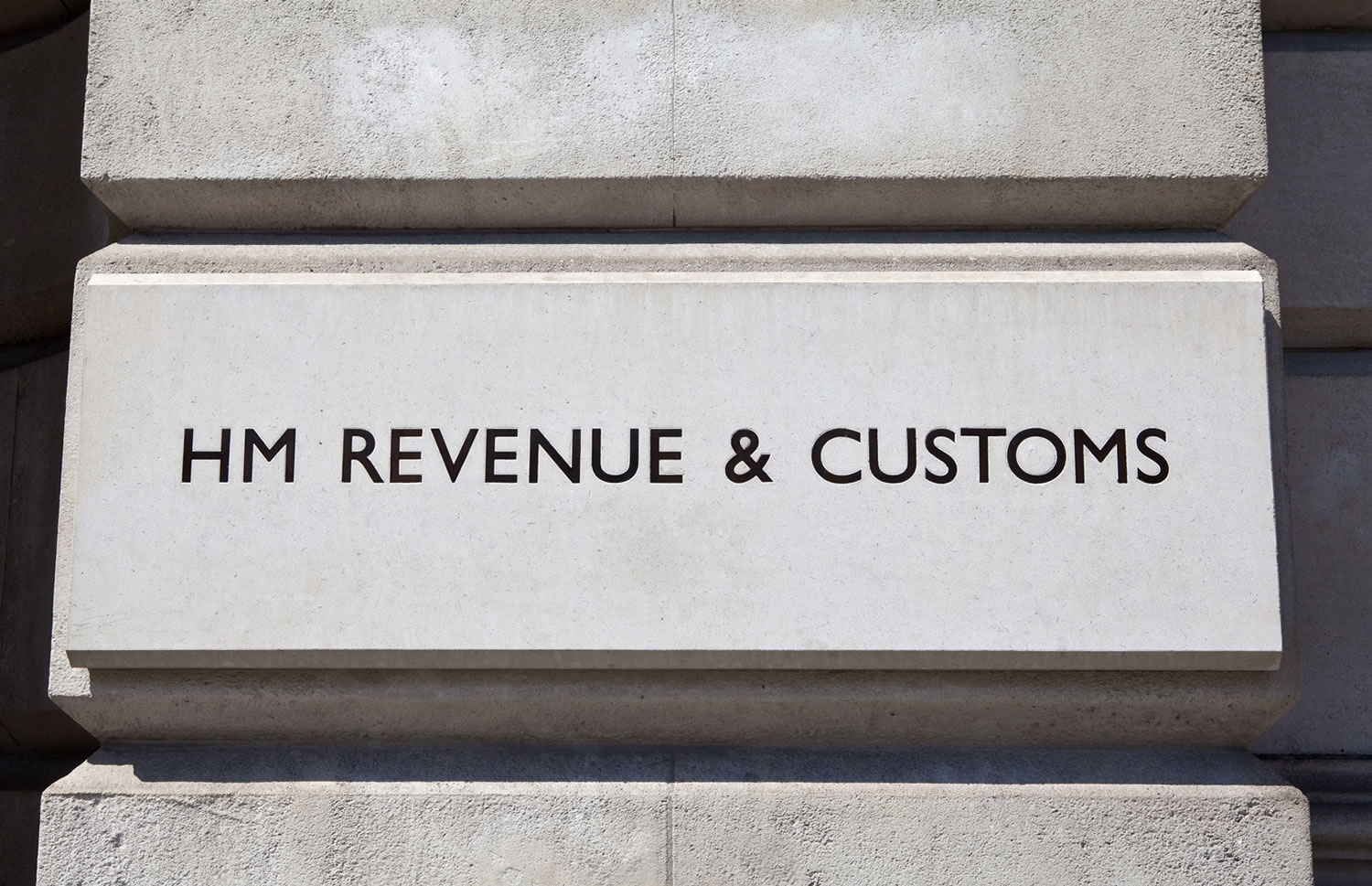The 31 January is deadline day for self-assessment tax returns. And despite the efforts of accountants and individuals the month of January typically involves a last minute scramble for records and receipts.
This year, according to data from HMRC, 1.1 million individuals missed the 2023/24 deadline; the same number as last year. The tax authorities expected 12 million tax returns to be submitted, but only 10.9 million had been received by the cut off date. Incredibly the 31 January saw a total of 732,498 returns submitted with 31,442 leaving it until the very last minute and filing between 23:00 and 23:59.
Missing the deadline
Missing the self-assessment tax return deadline means that penalties will typically be due. These will include:
- A late penalty fee of £100 (for returns up to three months late)
- Interest on any tax due at a rate of 5% for up to 30 days late
Penalties increase the longer you leave it, so if you haven’t submitted your return it’s better to do so as quickly as you can, to avoid further charges. There is, of course, some debate about whether the £100 late penalty fee is significant enough to encourage people to file on time. Given the same number of people have missed the deadline for the past two years, perhaps there is scope to consider whether the fine should be index linked…
Is there any room for manoeuvre?
There are some circumstances where HMRC will offer some flexibility when it comes to filing. Reasonable excuses include:
- The death of a close relative near to the deadline
- You spent time in hospital unexpectedly or had a serious illness
- There were IT issues with your computer or software
- You experienced a fire, theft or flood
- Delays related to a disability or mental illness
- You misunderstood that you needed to file
- You’d passed on responsibility to someone else who didn’t carry out their duties
Who needs to file a tax return?
Generally if you’re self-employed, a company director or earn over £100,000 you’ll ned to submit a self-assessment tax return.
Other criteria which mean you’ll need to submit include:
- You receive income from savings, investments, property, overseas interests, trusts, settlements or estates – note if your investment income exceeds £10,000 you need to file a return even if you don’t have any other income!
- You’re claiming expenses or tax reliefs
- You (or your partner) receive Child Benefit and your income is over £50,000
- You have disposed of assets either by sale or gift
- You’ve lived or worked abroad and/or aren’t domiciled in the UK
- You’re a trustee
Completing a self assessment form may feel difficult or overwhelming. Our friendly team can help take care of the process. If you’re keen to get your 2024/25 tax return filed in good time contact us today for a personalised fee estimate.
